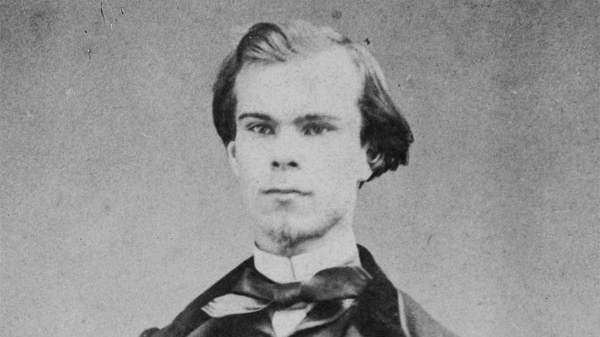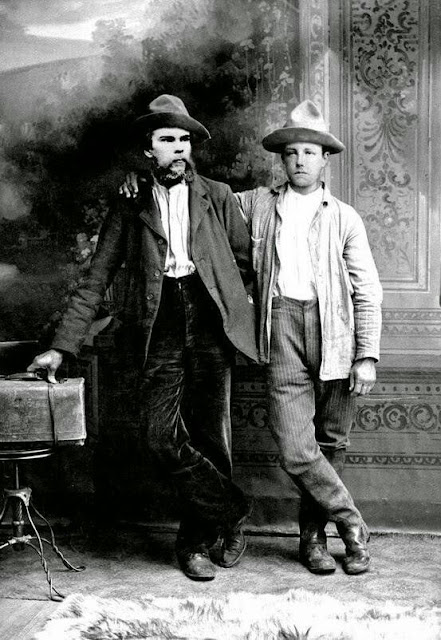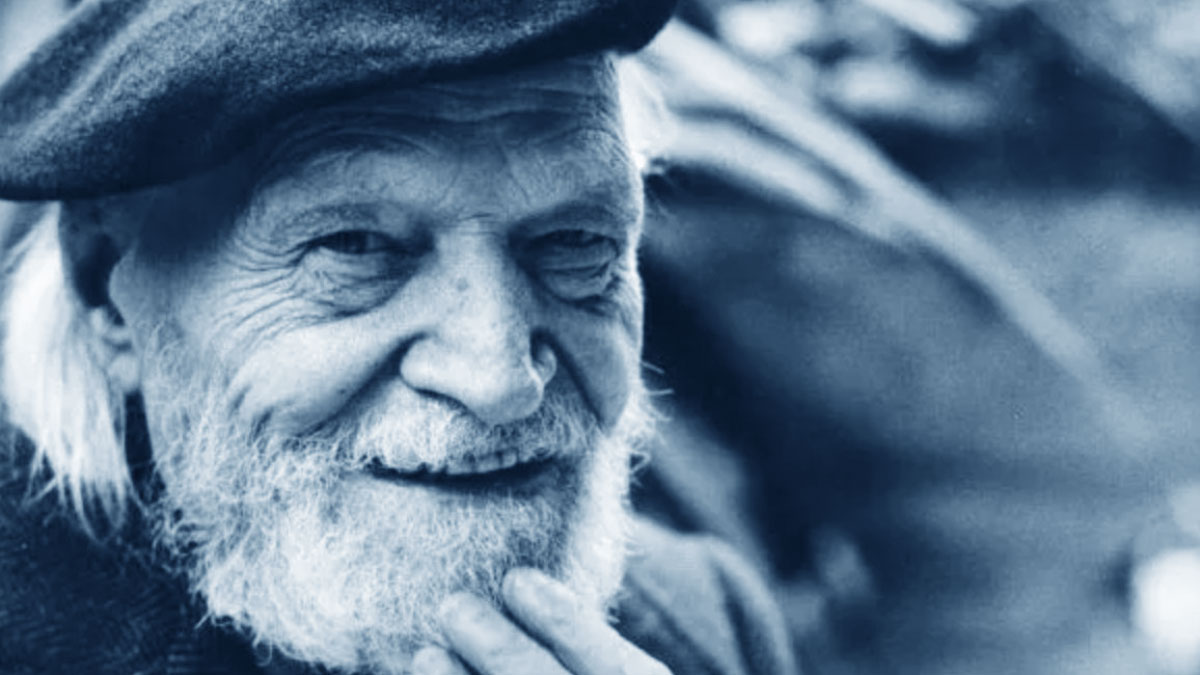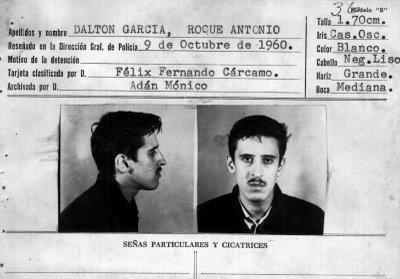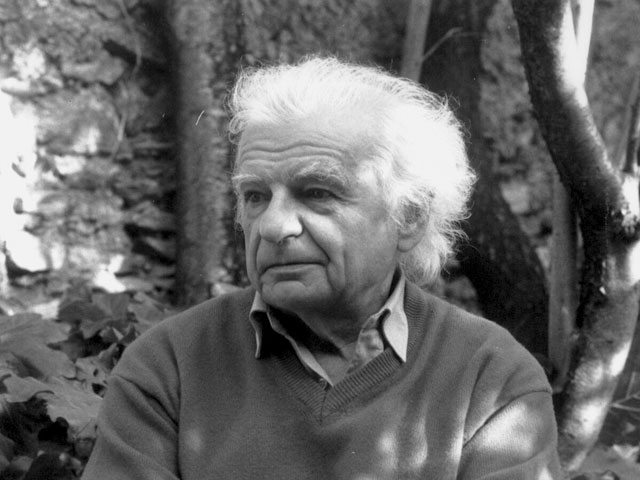
Rain
translated by Elizabeth Bishop
Mr. Yousouf forgot his umbrella
Mr. Yousouf lost his umbrella
Madame Yousouf, someone stole her umbrella
There was an ivory handle on her umbrella
What stuck in my eye was the end of an umbrella
Somewhere, haven’t I left my umbrella
Didn’t I leave my umbrella
Last night in your umbrella-stand?
I shall have to buy myself an umbrella
I never really use an umbrella
I have a duster with a hood for the rain
Mr. Yousouf you are lucky to dispense with


